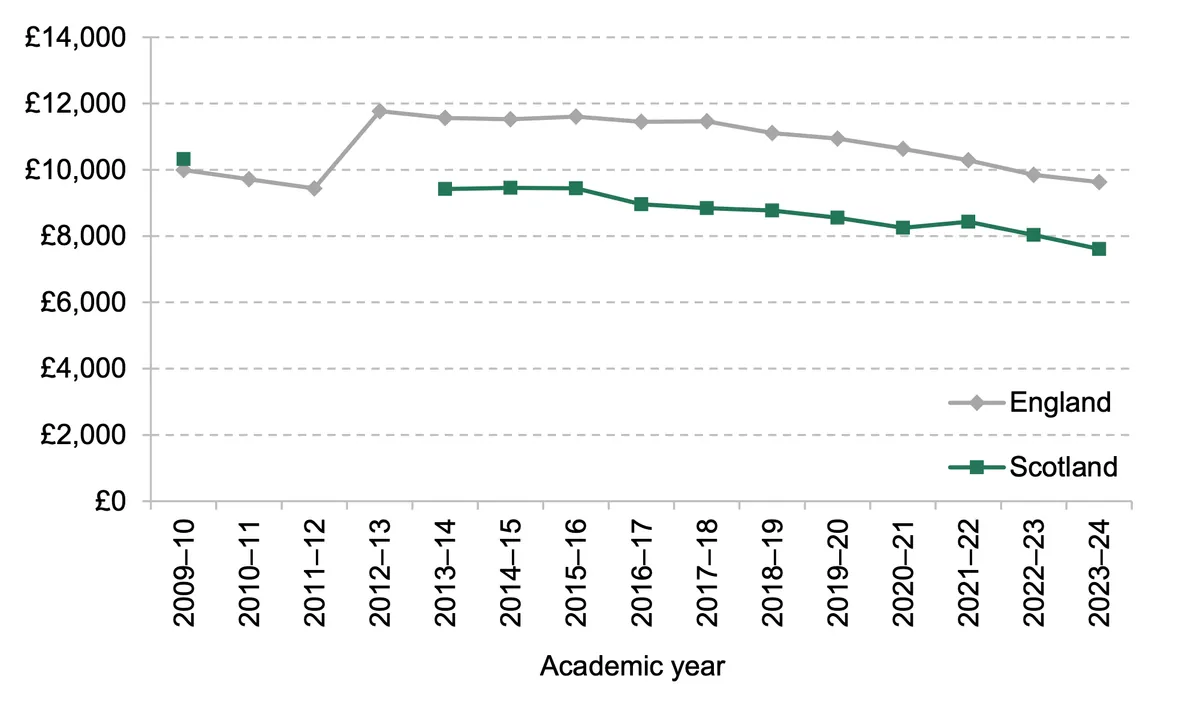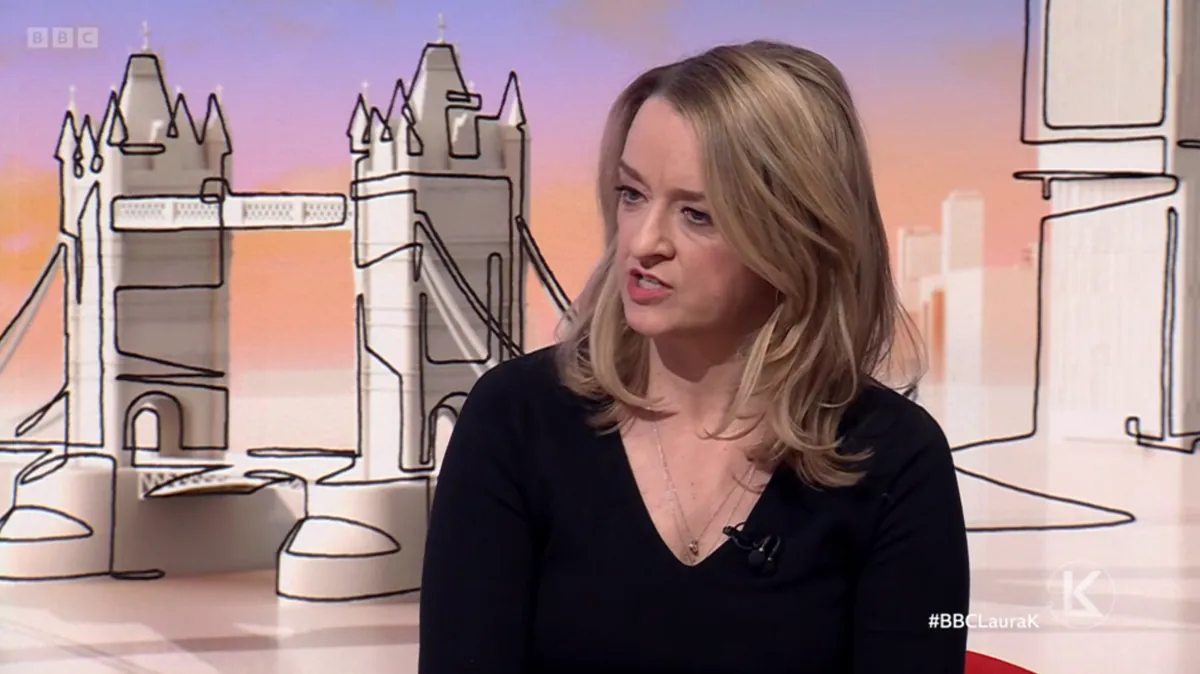Scotland's Free Tuition: A Contentious Issue in UK Higher Education
Scotland's free university tuition policy, in place since 2008, creates disparities across the UK. While benefiting Scottish students, it raises questions about fairness and sustainability in higher education funding.

In the realm of UK higher education, a significant disparity exists between Scotland and the rest of the nation. Since 2008, Scottish undergraduates studying in their home country have enjoyed free tuition, a policy that remains unchanged as of 2024. This stark contrast to the £9,250 annual cap on tuition fees in England has sparked debates about fairness and sustainability in the UK's educational landscape.
The roots of this disparity lie in the complex funding mechanisms of the United Kingdom. Scotland's advantageous position stems from the Barnett formula, a system determining funding allocations for devolved administrations. This formula has resulted in Scotland receiving £2,417 more per person in public spending than the UK average, according to recent government reports.

The implications of this funding discrepancy extend beyond education. Scottish residents benefit from various perks, including free prescriptions and lower council tax. However, the most contentious aspect remains the £900 million annual expenditure on teaching Scottish undergraduates, as reported by the Institute for Fiscal Studies (IFS).
This situation creates a two-tier system within the UK. While Scottish students graduate with an average debt of £15,430, their English counterparts face a burden of around £45,600. The repayment terms further exacerbate this divide, with Scottish graduates benefiting from a higher repayment threshold and potentially clearing their debt in half the time of English graduates.
"The current funding arrangements are unfair and unsustainable. There may be no university tuition fees in Scotland, but there is a cap on student numbers."
The impact of this policy extends beyond individual students. Scottish universities receive less funding per student compared to their English counterparts, potentially affecting educational quality and accessibility. This has led to increased competition for university places in Scotland, with a 56% increase in applicants since 2006 but an 84% rise in rejections.
Critics argue that leveling the playing field by scrapping student loans across the UK is financially unfeasible, costing an estimated £11.2 billion annually. A more viable solution proposed is to introduce tuition fees for Scottish students, aligning with the rest of the UK.
As the debate continues, the removal of a stone inscribed with former First Minister Alex Salmond's quote about tuition fees from Heriot-Watt University in 2020 symbolizes the ongoing controversy surrounding this policy. The challenge remains to find a balanced approach that ensures fair access to higher education across the entire United Kingdom.



































